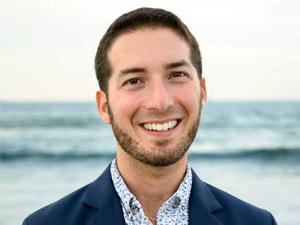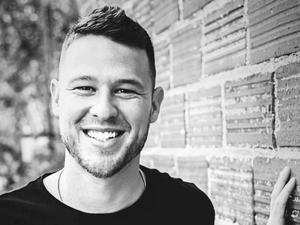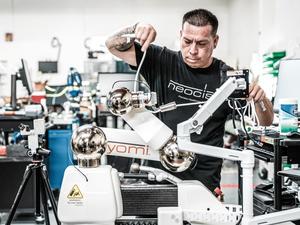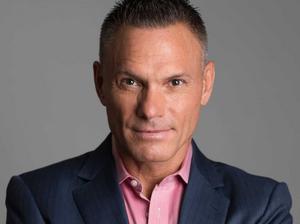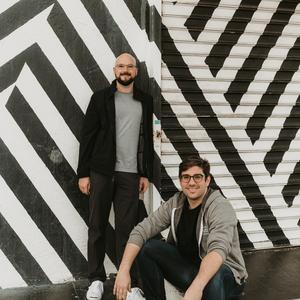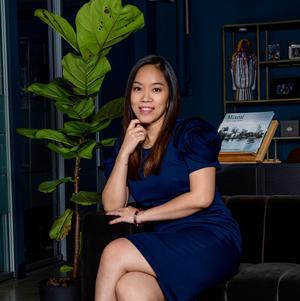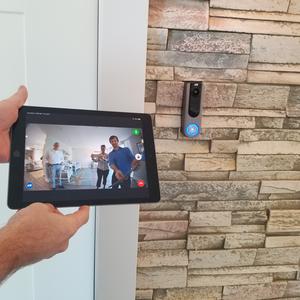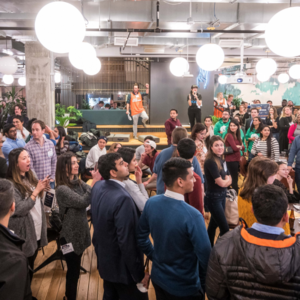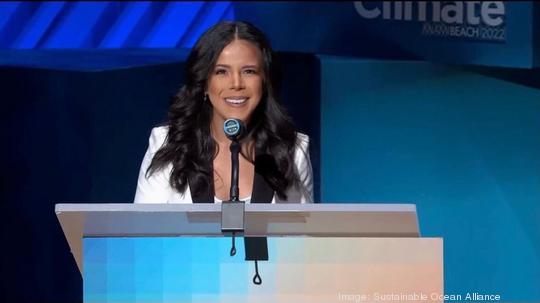
Daniela Fernandez is on a mission to restore the health of the world's oceans – all while helping companies turn a profit.
That's the goal of the Sustainable Ocean Alliance, a global network of entrepreneurs developing technical solutions to address some of the largest challenges facing the world's oceans. Founded in 2014, SOA has matched hundreds of startups with accelerators, microgrants and mentorship to support ventures operating in five key areas: Carbon reduction; pollution reduction; ecosystem preservation and restoration; ocean data collection; and sustainable protein, which involves finding sustainable food solutions for the world's human population without overfishing.
So far, SOA has invested $950,000 in 45 ocean tech companies around the world and deployed $416,000 in microgrants to another 177 startups, according to the organization's 2022 Impact Report.
But that doesn't include any Sunshine State startups said Fernandez, SOA's founder and CEO. However, she expects that will change: Fernandez was a featured speaker at last week's Aspen Ideas Climate conference in Miami Beach, a three-day event where businesses, entrepreneurs and policymakers came together to discuss local and worldwide solutions to address climate change.
The goal is to create a regenerative "blue economy" that can combat ocean pollution and climate change while also creating profitable companies.
In an interview with the Business Journal, Fernandez outlined the goals of SOA and shared her thoughts about the status of South Florida's blue economy. The following interview has been edited and condensed for clarity.
What's the mission of the Sustainable Ocean Alliance?
SOA helps entrepreneurs launch ventures in the sustainable blue economy by providing funding, mentorship and other resources that help them scale. Our ocean leadership program connects entrepreneurs with mentorship and between $1,000 to $10,000 in microgrants, while our ocean accelerator program focuses on for-profit solutions. Those startups must have a for-profit, scalable businesses that has a positive impact on the ocean in one of our five focus areas.
What would you say are the most important takeaways from SOA's recent impact report?
Honestly, one of the big takeaways is that there's hope. Seeing all of these innovations and the ingenuity of the human mind makes me think we still have the opportunity to change things and restore the health of the ocean before it's too late. We've worked with businesses doing everything from turning organic waste into biodegradable bioplastic to a community project dedicated to protecting and restoring mangroves through the sale of carbon credits. The question becomes, how quickly can we advance these ideas and bring them to market?
How would you describe the blue tech ecosystem in South Florida?
Unfortunately, I haven't seen a whole lot of institutional support for the blue economy companies in South Florida yet. But I see a lot of potential in Florida because of the concentration of talent and the number of research universities in the state. SOA is seriously considering establishing a strong presence in Miami, where I hope we can engage with more entrepreneurs.
Which regions or countries would you say are blue economy hubs?
Portugal and Canada are definitely centers. Indonesia has a lot of grassroots innovation taking place to tackle plastic pollution, for example. In the U.S., Hawaii is making strides, but I wouldn't say any state is really leading the way at the moment.
What can be done to increase funding and institutional support for blue tech ventures?
The ocean is one of the misunderstood sectors in the climate space – and the least funded. We've looked at the ocean as a source of extraction for 100 years – for fishing, for minerals, for oil. But the ocean is the last frontier against climate change. We need legislators to truly understand what the blue economy is and support us so we have removed obstacles for entry. All of this is new, so it's not like most legislators know that the ocean absorbs more carbon from the atmosphere than it releases. They don't know how tech like artificial intelligence is being used to do things like avert whale strikes. So first, education is essential. And then, there's funding. There's some support from grants and early-stage funding, but the gap comes when a startup is [raising] a series A round. There aren't a lot of investors willing to take risk on them.
For more stories like this one, sign up for Miami Inno newsletters from the South Florida Business Journal and the American Inno network.
